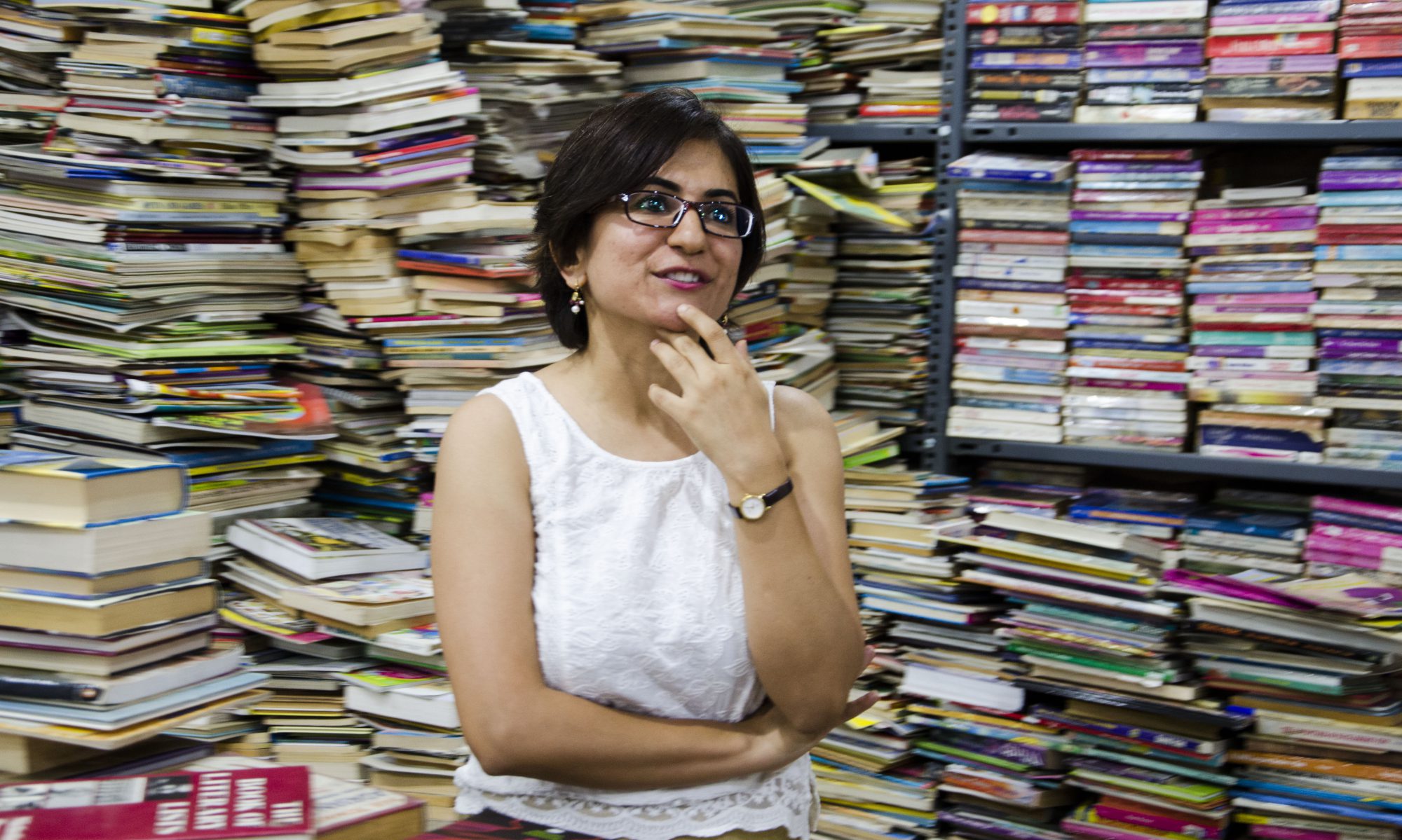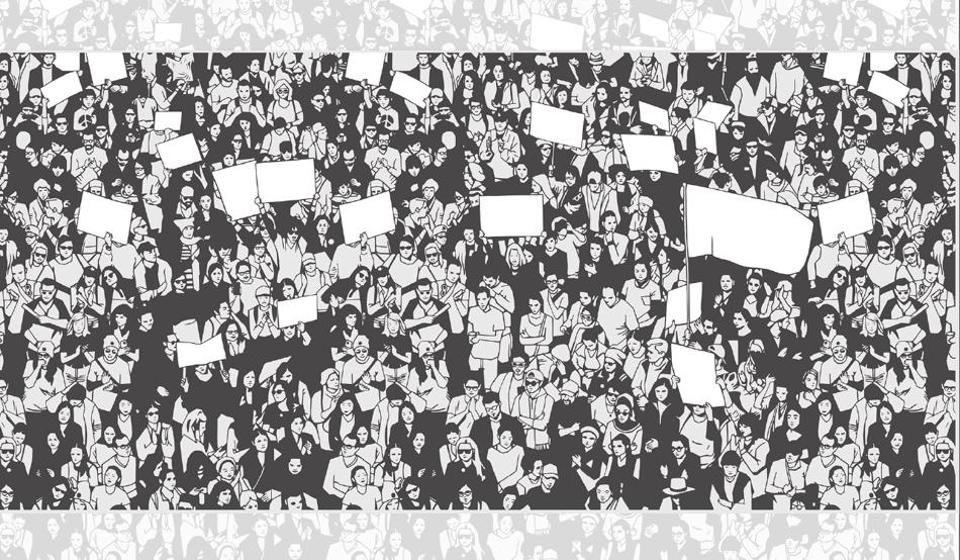More time is wasted on demeaning the term ‘feminist’ than on understanding and accepting it. Hear me out.
The first time I came across the word ‘feminism’ was in the first week of being at Lady Shri Ram College for Women, Delhi. I’d just joined the Bachelors in English and a teacher introduced the class to the feminist ideology, talking about how the social constructs of patriarchy were a way to silence the female gender.
As an impressionable student, I imagined her with a flamed sword, chopping down the shackles of patriarchy our lives were contained in. Outside the class, I asked this teacher if she was married. She said yes. “Ma’am, if you’re a feminist, how can you live with a man?”
The oft misunderstood feminist
Like many others, the presumptuous 17-year-old me had misunderstood the word and done it grave injustice. According to the dictionary, the word ‘feminist’ refers to ‘an advocate of women’s rights on the ground of the equality of the sexes’. But when I heard it first, I twisted its meaning and made it more about gender wars rather than striving for equality.
Within this anecdote lies my lifelong struggle with the word. (The word, mind you, not the ideology, before you sharpen your Twitter swords at me.) In India, as elsewhere, the word ‘feminist’ is taken into an alternative universe, twisted and turned into a swear word.
Would you use the F-word?
In a dramatic scene in my tantric series, a man calls Anantya Tantrist, the protagonist of the novel, a feminist. It’s not a word of appreciation but used in a slattern way, to put down, as an expletive. Anantya springs out her boneblade, slaps it onto his neck and whispers: “Don’t use the F-word.” Though the dialogue was published as it is in the Indian edition, it was red-flagged by a US-based literary agent.
The moot point: Why would Anantya, a feminist in all manners of behaviour and character, someone who fights against the rigidly patriarchal tantric society, have a problem with being called a feminist? For that’s what she is, isn’t she?
This is not something dramatically new. If there was a dictionary parallel, the term ‘feminist’ in our country would imply not someone who believes in equality but someone who is a ‘feminazi’, a radical feminist, a man-hater, a sexist out to destroy the other gender(s) by not shaving their armpits and not wearing bras. The politest version of its meaning I’ve heard here, unless you’re in academic living rooms, is the quietly sarcastic ‘Oh, you are the feminist type’. with an understanding nod of sudden revelation.
Is the word feminist more important than feminism?
That’s perhaps the reason I understand the recent wave of women and their reluctance to use the word. Earlier this year, scientist Kara McCullough, 2017’s Miss USA, was slammed by the media because she wanted to transpose the word ‘feminism’ with ‘equalism’. “I don’t want to call myself a feminist,” McCullough had said.
A few months prior to this, Madeline Brewer – one of the main actresses in the TV series The Handmaid’s Tale – requested the media not to call it a feminist story but “just a story about a woman”. This created a huge furore in the feminist circles of the States, and rightly so for anyone who had read the novel.
Written by Margaret Atwood in 1985, The Handmaid’s Tale is a cult classic, which pictures a dystopian USA run under extreme theocracy where women have no identities or rights. An obvious feminist work. So why deny the word?
As the controversy blew up, someone went ahead and asked Atwood herself. “I didn’t put anything into the book that has not happened sometime, somewhere,” Atwood answered, “Or wasn’t happening then and isn’t happening now. So you can call that feminist, if you like. I didn’t start from ideology, I started from what I was collecting and seeing.”
You can almost smell Atwood’s cageyness here. With a contorted meaning, the word ‘feminist’ has become more about exclusion of the other gender, a reason to argue rather than solve, an expletive, a shout-match. Its miasma bogs down the winds of any change, drags down people and their stories with its anchoring weight. It makes me a certain kind of a person, a certain kind of writer who is chained to an ideology and restricted by a certain kind of a thought school.
A hashtag limits possibilities
This exclusion, this boxing into a certain category, this hashtagging as I call it, might be convenient for a tweet match on social media or a shout-score-point on TV, but it’s not something that lives in the grey area of what it means to be an individual. Like Atwood, I deeply and with all my heart believe in feminist values, in gender equality and fight for it every day, yet I don’t call myself a ‘feminist’.
I’m reluctant to use the term, hoping that my actions, my writing, my life, speaks out louder to people (of all genders) about my beliefs than a constant association with a misunderstood word, which most of the times is being used either as a defence mechanism or an abuse. I just want to live my life without being dogged down with hashtags, -isms, boxes and sets. I want to be a feminist without using that word. Is that possible?
This column was first published in Hindustan Times Brunch.

